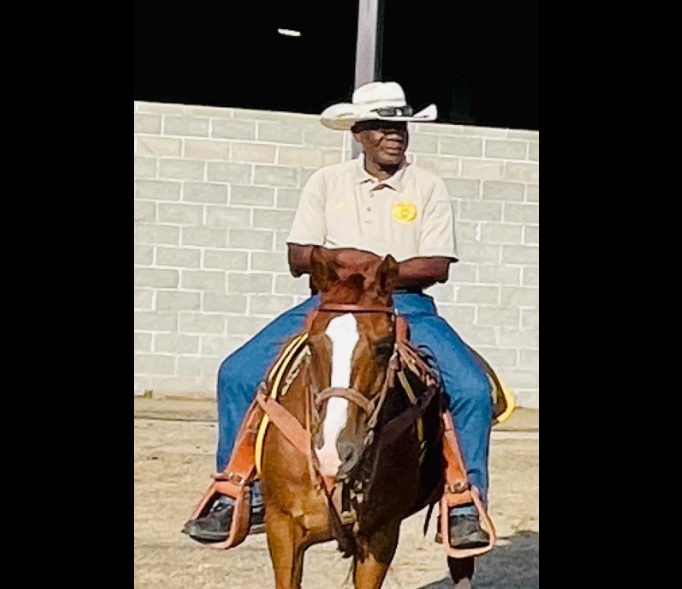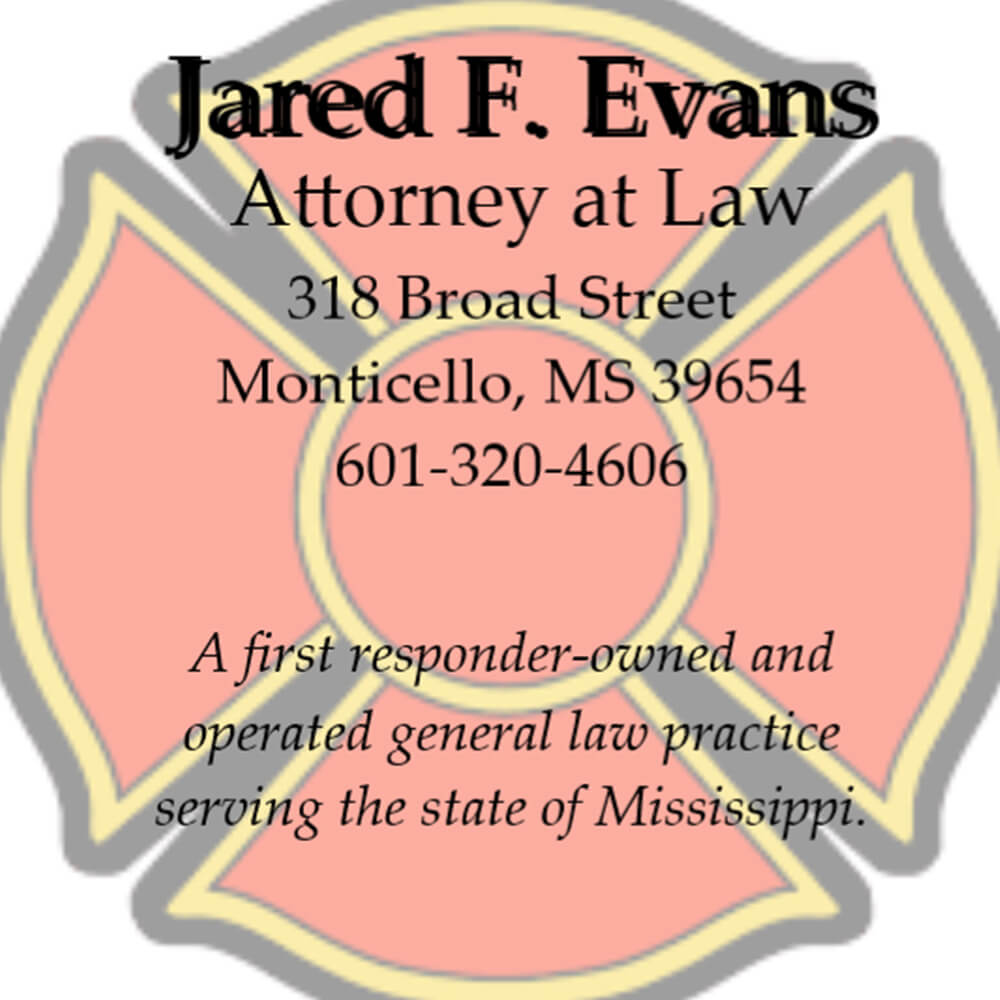On Tuesday, Judge Adrienne Wooten briefly cleared the courtroom after taking about an hour in chambers, possibly deliberating whether some Facebook posts were worth instituting a gag order on the court.
She came back out and spoke with attorneys before telling the bailiffs, “Clear the court.”
Everyone was instructed to leave. The live feed that has allowed those who couldn’t be there to watch it was also ended.
The judge did not address media in the courtroom. Darkhorse Press was the only media in the courtroom and has been throughout.
Apparently she changed her mind after a Darkhorse Press representative left the courthouse, though those facts are not necessarily related.
First Amendment attorney Leonard Van Slyke said as far as any social media posts, that rules are hazy as to which ones should influence a court case and which ones shouldn’t.
“Social media is sort of a recent creation, and there’s not a lot of law surrounding what you can or can’t do on social media,” he said.
In Gannett River States Publishing Co. v. Hand, a 1990 decision by the Mississippi State Supreme Court holds that “due process requires some notice to the public before a trial court may close a pretrial criminal proceeding.”
“We note that other states, when faced with these circumstances, have set forth procedures for insuring that the press and public have an opportunity to be heard on closure motions,” the decision reads.
“Beginning with the principle that the press and public are entitled to notice and a hearing before a closure order is entered, we hold that any submission in a trial court for closure, either by a party or on the court’s own motion, and be it a letter, written motion, or oral motion either in chambers or open court, must be docketed, as notice to the press and public, in the court clerk’s office for at least 24 hours before any hearing on such submission, with the usual notice to all parties. This requirement should not be taken to mean that a greater notice period may not be afforded where feasible. Preferably the submission should be a written motion if time and circumstances allow.”
The hearing must be held so that the press can intervene on the behalf of the public and present arguments. The court entity that moves to close the court is required to “advance an overriding interest that is likely to be prejudiced, the closure must be no broader than necessary to protect that interest, the trial court must consider reasonable alternatives to closing the proceedings, and it must make findings adequate to support the closure.”
Case law states that “a transcript of the closure hearing should be made public and if a petition for extraordinary relief concerning a closure order is filed in this Court, it should be accompanied by the transcript, the court’s findings of fact and conclusions of law, and the evidence adduced at the hearing upon which the judge bases the findings and conclusions.
“These requirements cannot be avoided by an agreement between the defendant and State that proceedings and files should be closed.”
Jackson Police Department Chief Deric Hearn is on the stand again to speak to a security video of the Mustang Inn which allegedly shows George Robinson in the hours prior to his girlfriend Constance Robinson calling the ambulance. Previously in trial it was only allowed into evidence after the prosecution tried to have it disqualified.


















